Originally published in Block Talk, a publication from our friends at the Ontario Independent Meat Processors. Read it here.
The local food movement is growing rapidly, and at the Culinary Tourism Alliance, we have made supporting this movement a badge of honour through our Feast On® certification program, recognizing businesses committed to sourcing Ontario grown and produced food and drink.
This growth is partially due to growing concern among consumers over the environmental impact of their purchases. A 2017 study by Cone Communications found that 87% of those surveyed would buy a product with a social and environmental benefit if given the opportunity, and 92% will be more likely to trust a company that supports social or environmental issues. Leadership was also highly valued in this study, with 63% of respondents hopeful that businesses will take the lead to drive social and environmental change moving forward, in the absence of government regulation.
View this post on Instagram
While proximity (lower carbon footprint due to shipping) is an important factor for the environmentally-conscious consumer, regenerative agriculture is another way farms are becoming more transparent and environmentally friendly.
Regenerative agriculture is a farm management style that is not only sustainable but improves the land for future generations. Treating the farm as a holistic ecosystem, it aims to increase biodiversity using sustainable farming techniques such as diverse livestock integration, minimizing soil disturbance and waste, soil coverage, and crop diversity for the betterment of the land. Using this approach, farms can improve the water and mineral cycle, and reduce the impact of climate change through carbon capture. While there is an overall philosophy for regenerative agriculture – the specific implementation varies from location to location and farm to farm.
In Ontario, VG Meats and Kendal Hills Farm are a couple of local examples of regenerative farms. VG Meats use a symbiotic relationship between their beef cattle and chickens – living on the same pasture, the chickens stimulate healthy grass growth through soil disturbance and nutrient-rich manure. The cows then graze and trample the grass, promoting the growth of bacteria, fungi, and earthworms for healthy soil. VG Farms believes that regenerative agriculture provides the best possible product while conserving the integrity of the land, and reducing their overall environmental impact.
View this post on Instagram
Kendal Hills Farm is located in the ecologically sensitive Oak Ridges Moraine, where Emily & Dave farm pasture-raised fowl and other livestock utilizing the principles of regenerative agriculture to increase yield and improve the overall health of their farm and ecosystem around it.
Both of these farms are part of our preferred purveyor program, bridging the gap between businesses that source local Ontario grown ingredients, and the suppliers and distributors that produce them. We’ve created a network of like-minded businesses to foster relationships and grow Ontario’s food and drink sector.
Environmentally responsible food production is also becoming increasingly important in farm to table Culinary Tourism, and regenerative agriculture practices provide a mutually beneficial relationship between the land, environment, farmers, animals, and consumers. We’re here to celebrate Ontario’s rich agricultural landscape, and share the stories behind it.




